Biochemistry uses chemistry to study biological processes. It involves the study of macromolecules like proteins, lipids, carbohydrates, and nucleic acids. Biochemistry is related to how these macromolecules are produced and involved in different functions. Also, how they interact with other molecules. Biological processes studied through biochemistry cover diverse topics, including metabolism, gene expression, and cell Interaction.
Microorganisms, which can only be seen under a microscope, include bacteria, viruses, fungi, and some small parasites. Topic microbiology includes the classification of different types of microorganisms, studying their life cycles and growth patterns, and the mechanisms by which they infect other organisms. Methods for removing and preventing infections by microorganisms are another important aspect of microbiology that also involves the development of antibiotics and vaccines.
Although microbiology and Biochemistry focus on different aspects of biology, they also overlap. Understanding the proteins involved in bacterial metabolism allows you to study their growth patterns. Similarly, understanding the macromolecules composing the receptors used for viruses to bind to and infect human cells allows you to study the infection patterns of viruses. Another area of overlap is in recombinant DNA technology. In this field, bacterial or yeast cells are used to produce human proteins, making them readily available as vaccines or other drugs.
The major difference between microbiology and biochemistry is that biochemistry involves the study of the macromolecules that make up an organism, while microbiology studies the organism as a whole. Microbiology studies the way an entire organism, such as a virus, lives and infects its host. Biochemistry, however, focuses on specific macromolecules and how they come together to form larger structures, such as cells or tissues, or how they interact with each other to carry out the complex reactions necessary to keep an organism alive, such as the metabolism of carbohydrates into energy, or expressing genes.
Experimental Biology presents both the principles of analytical Biology that make experimental, analytical and separation techniques possible in the laboratory with background information to understand what the students are going to do and why including technical information the students gather in the laboratory. The book is subdivided into two parts including biochemistry and Microbiology. This laboratory manual is the outcome of teaching in this area for the past 10 years to M.Sc and B.Sc students belonging to Biotechnology and Life Sciences. The idea behind this practical manual was to provide the theoretical basis of practical study. Items to be undertaken in the laboratory in lucid manner. We shall be grateful if the book is accepted as a valued practical test book by the student of Life sciences and Biotechnology at the undergraduate and postgraduate levels of most Universities.

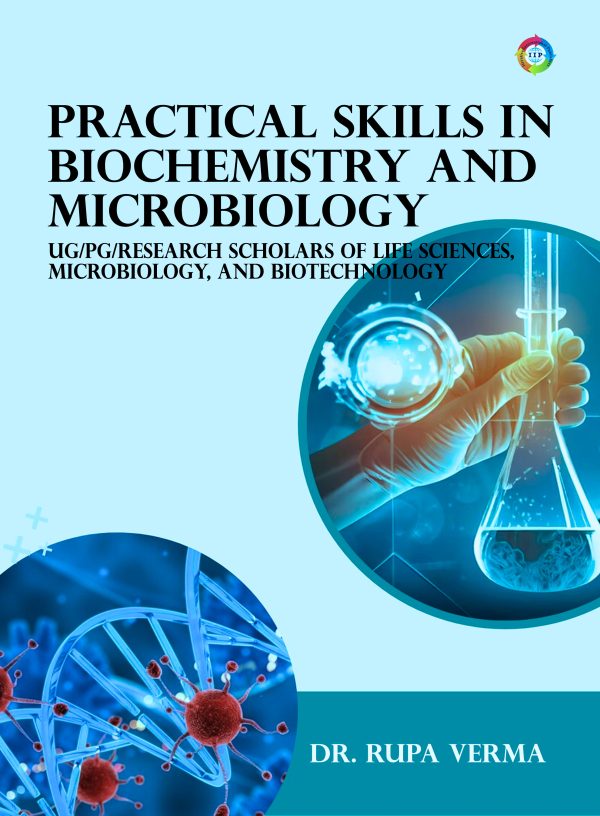
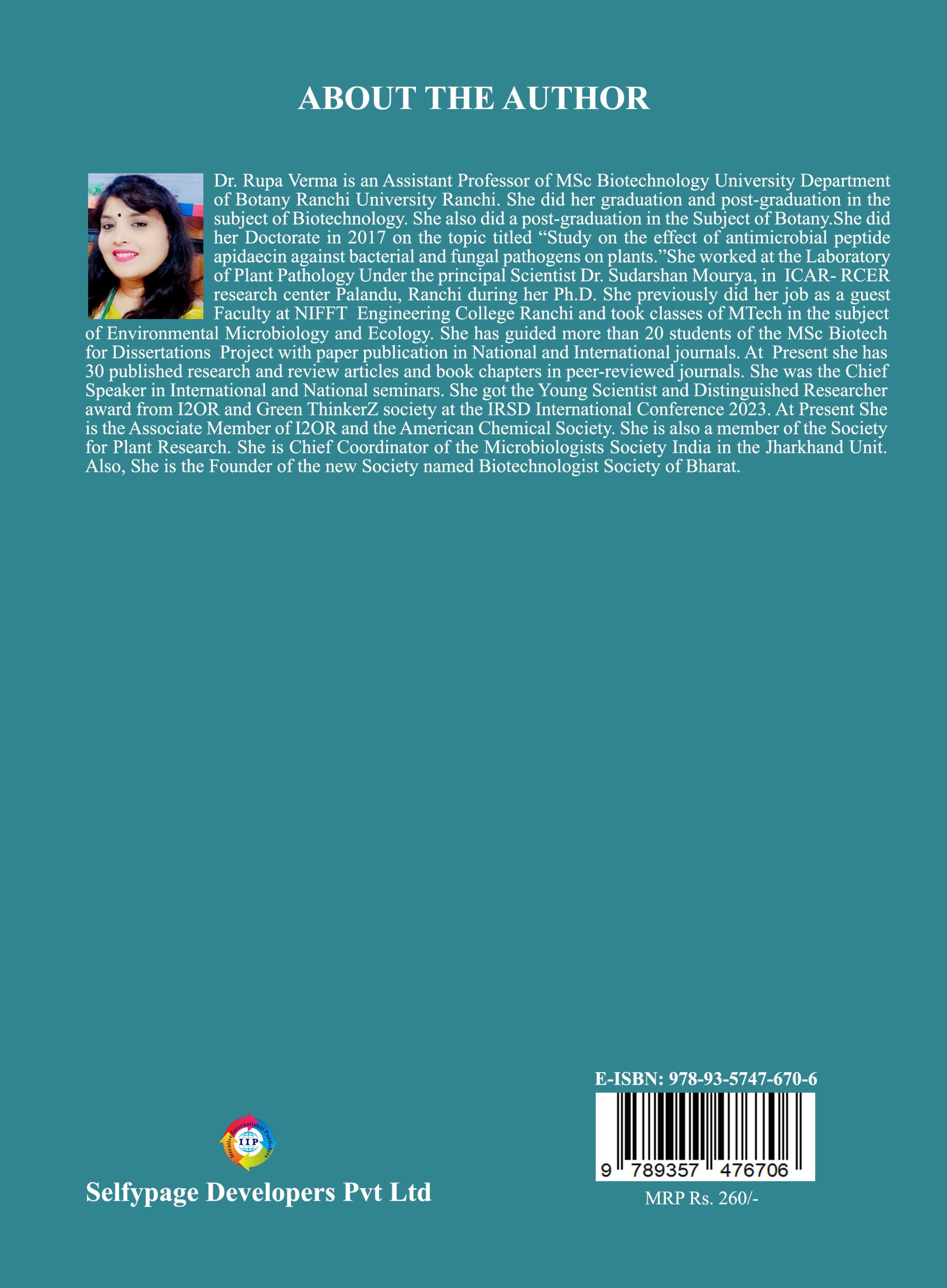
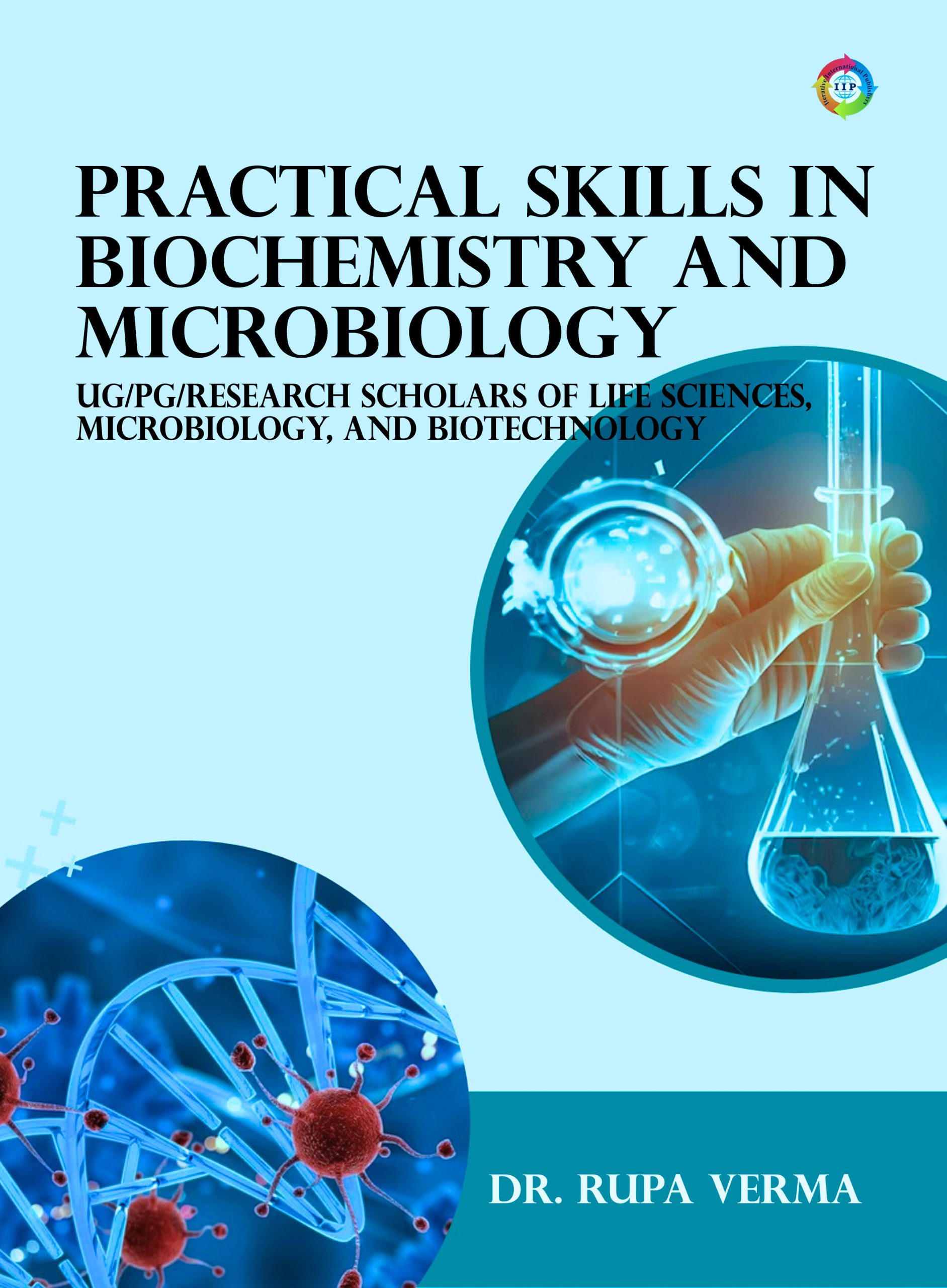
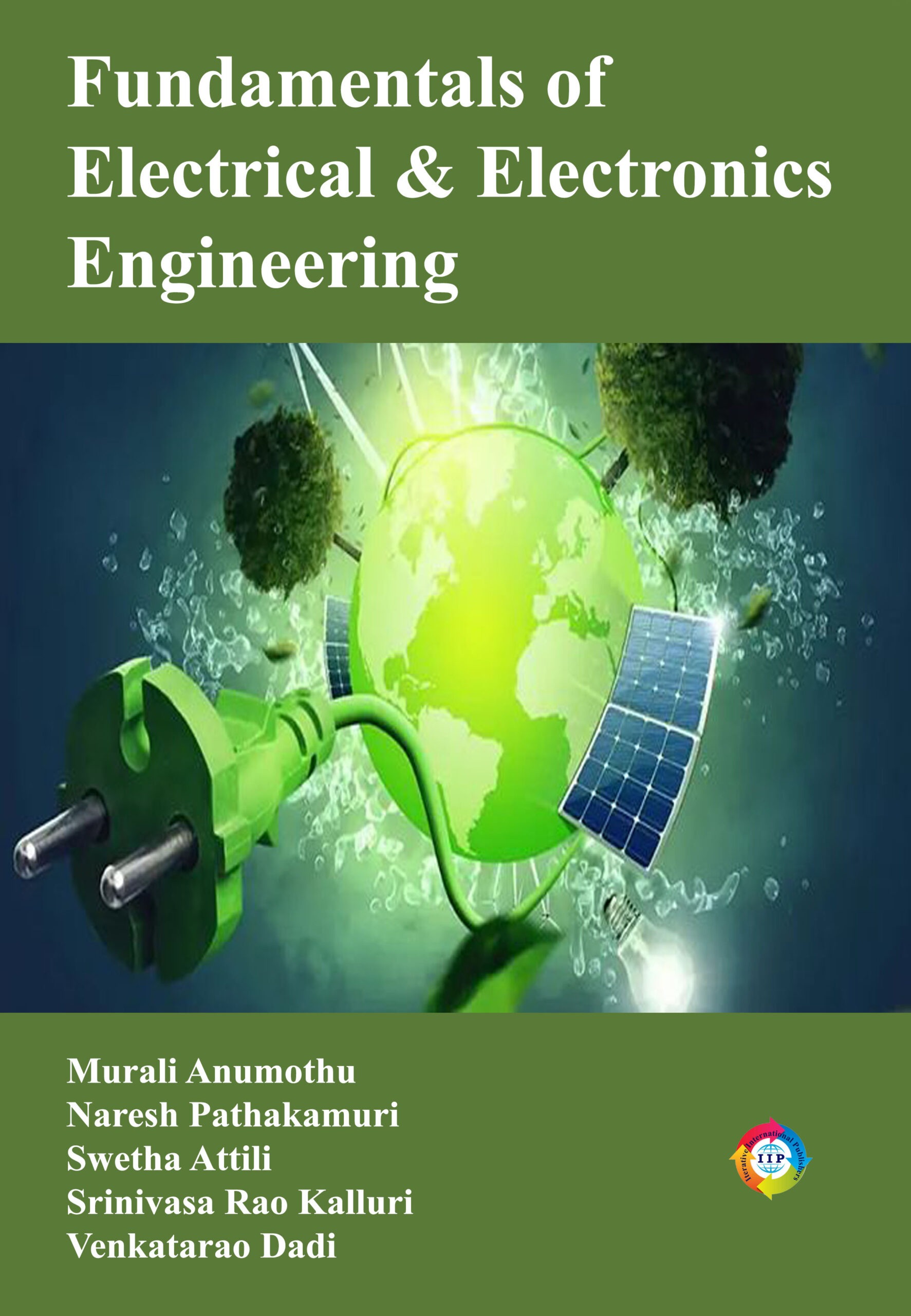
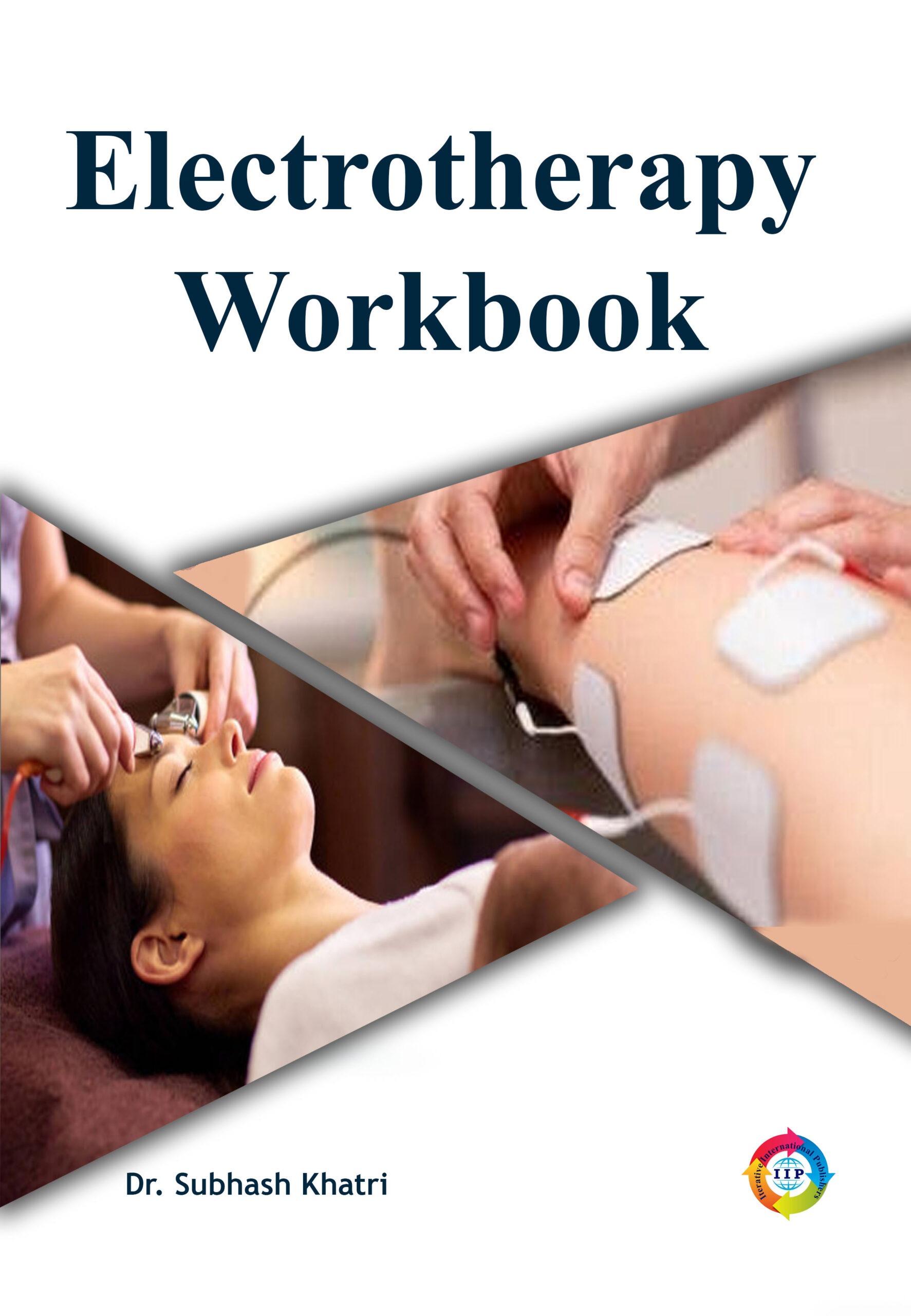
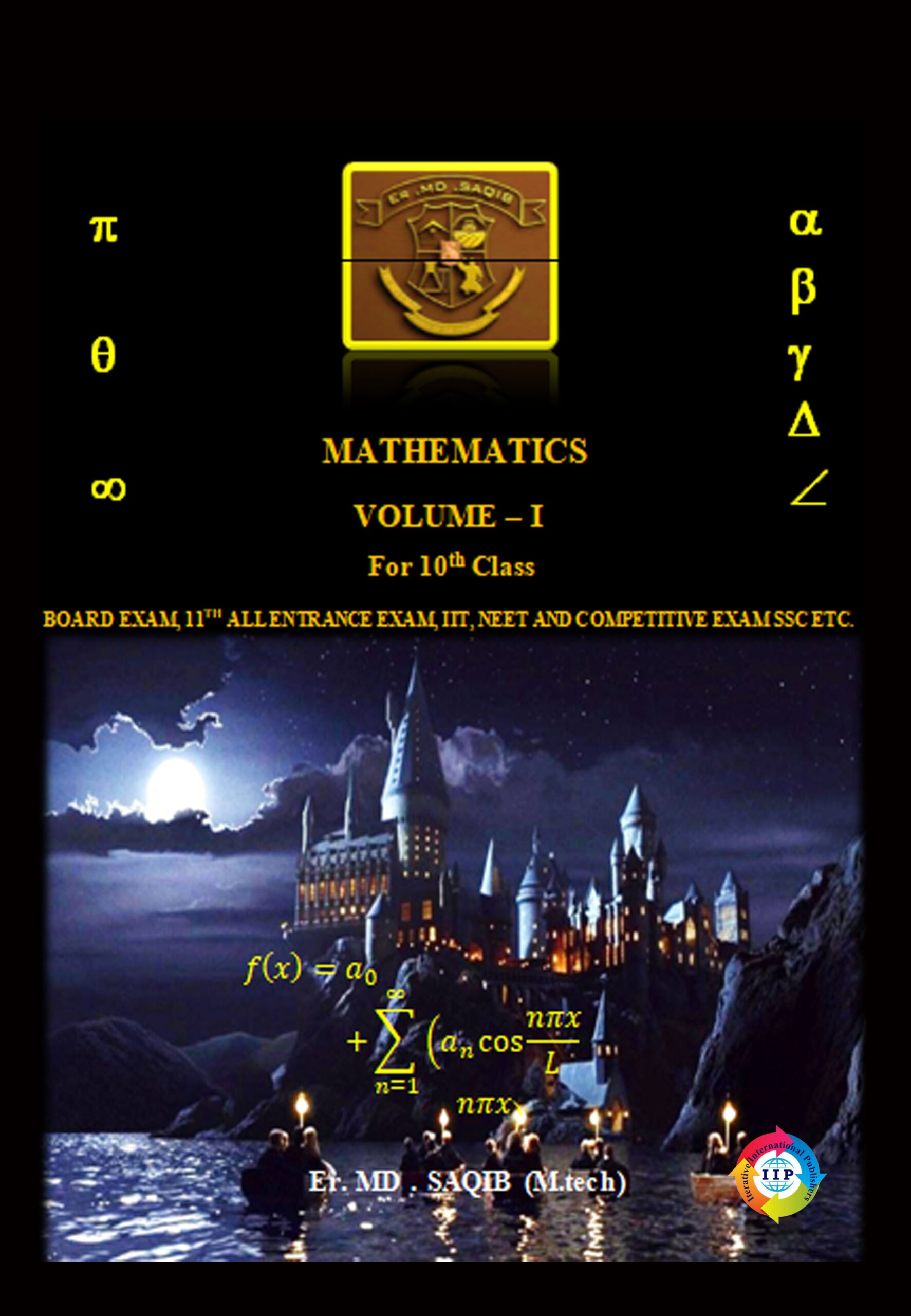
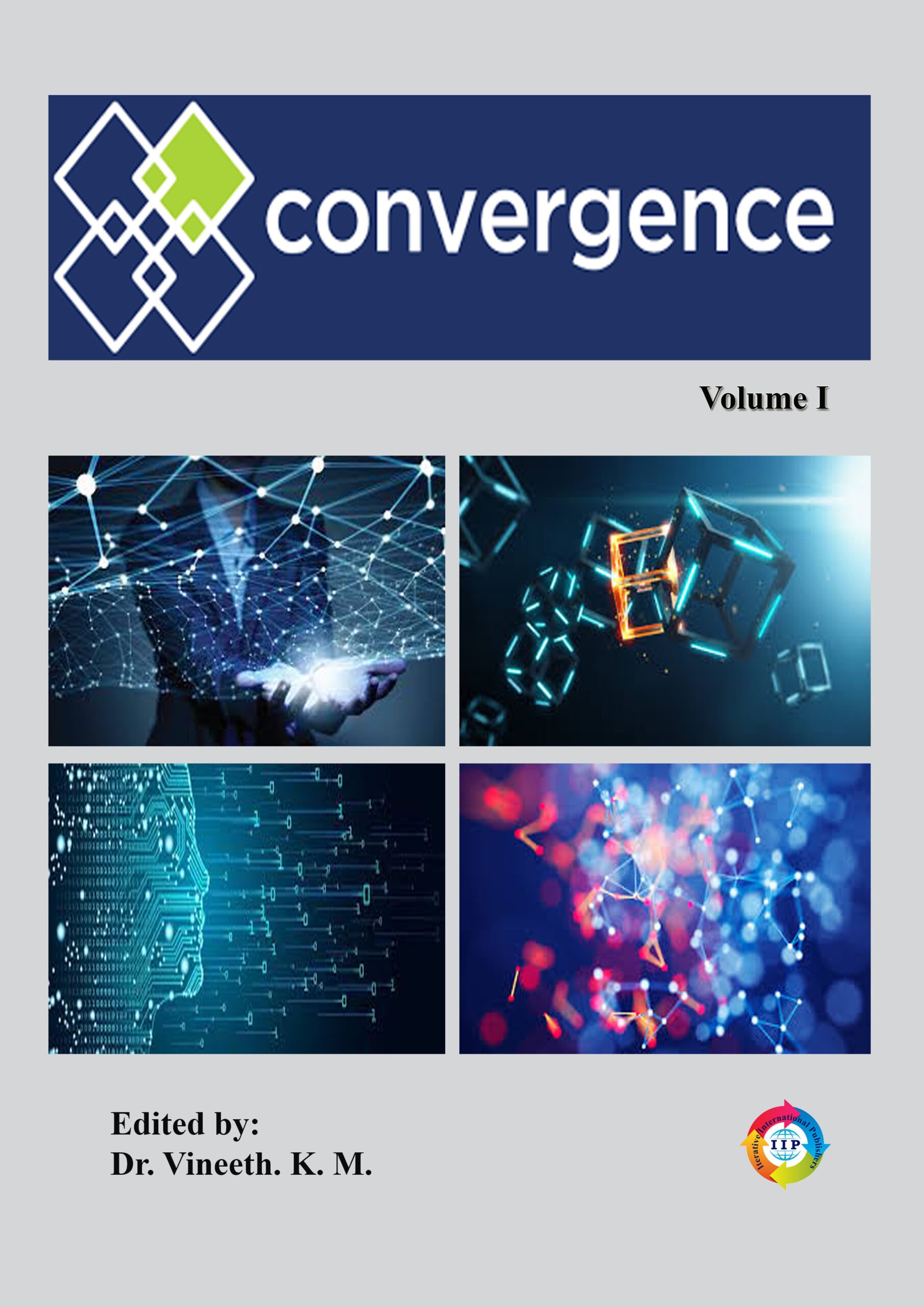

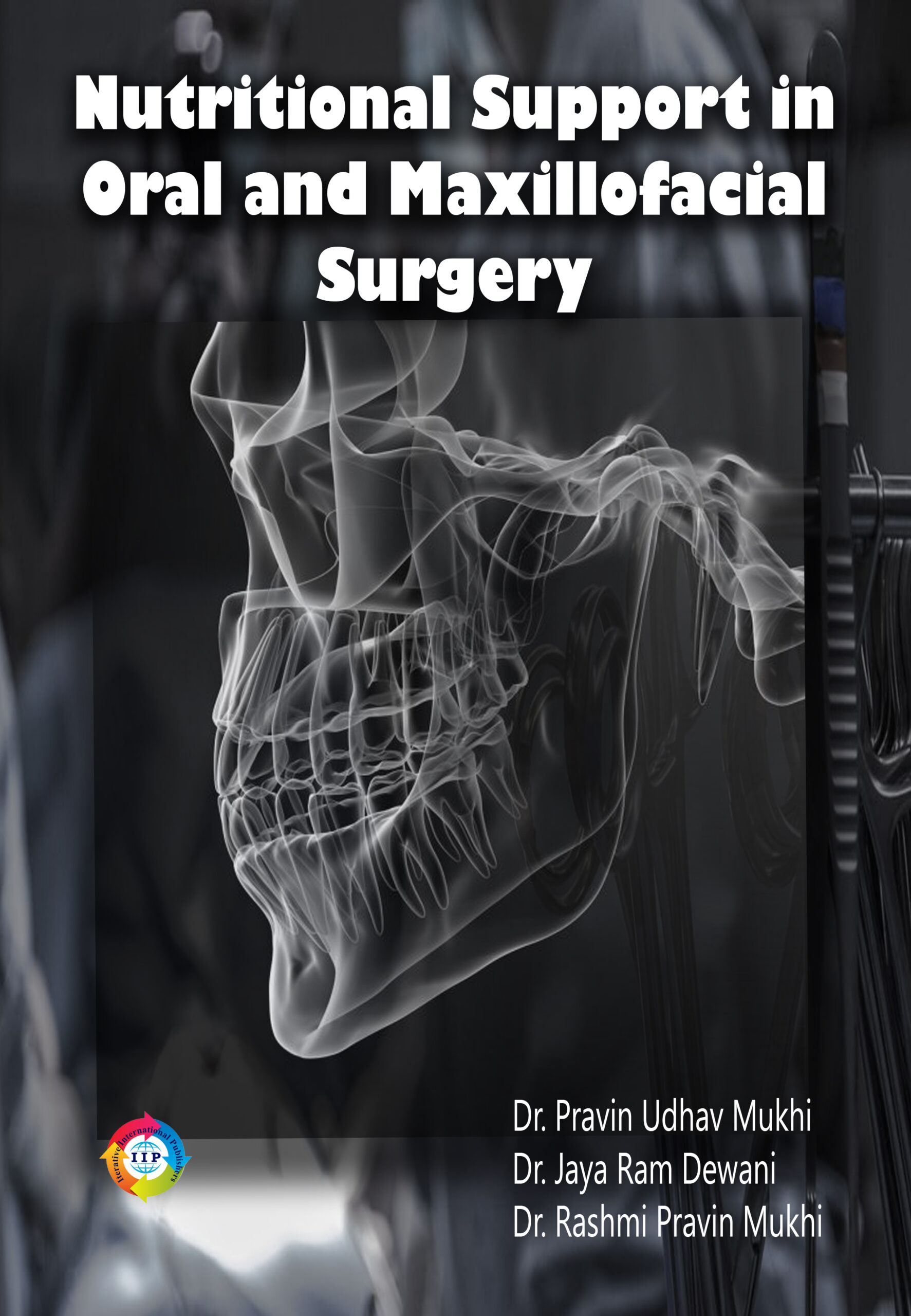
Reviews
There are no reviews yet.